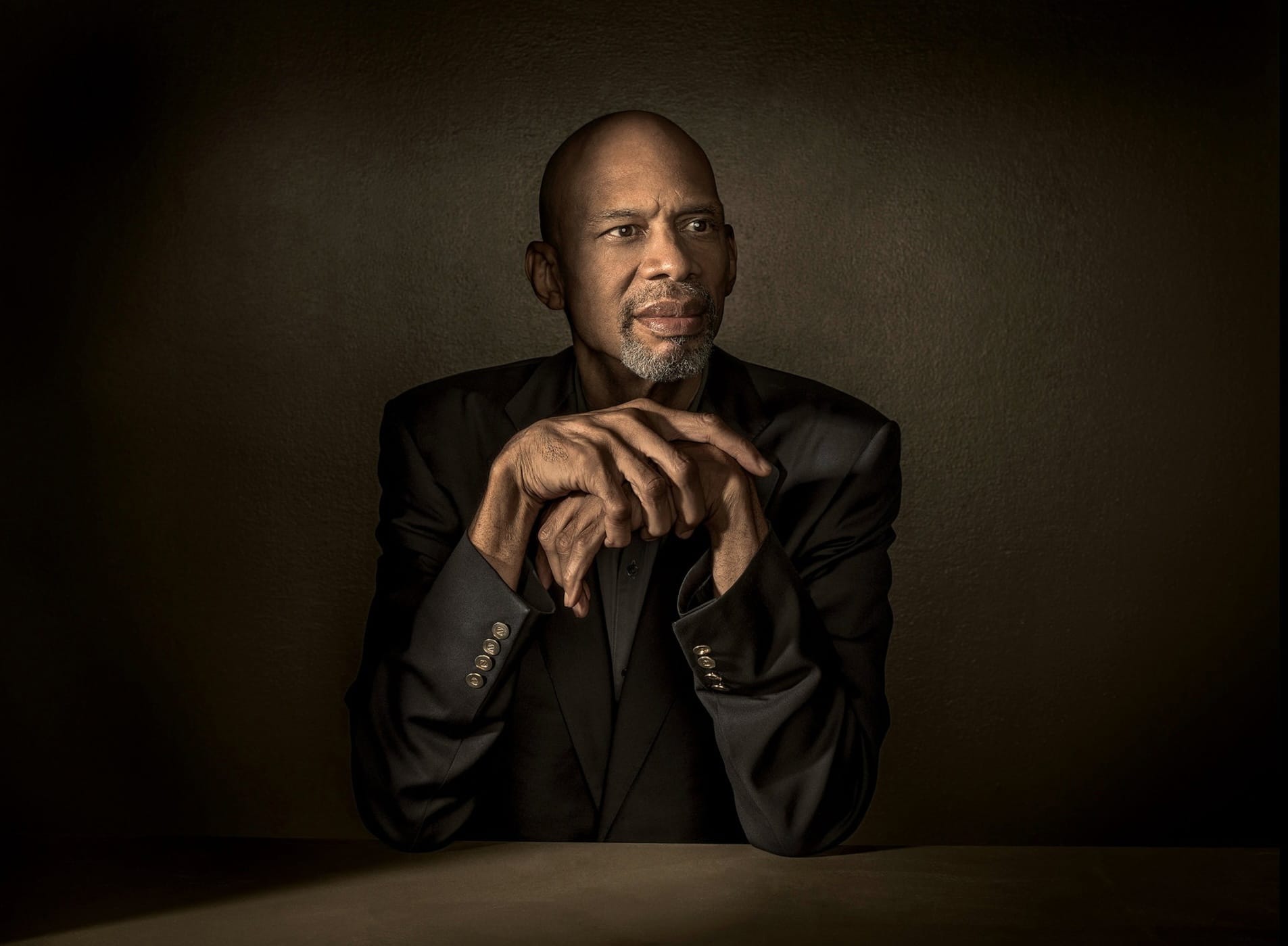The retired NBA star gives a rare interview and previews his film On The Shoulders of Giants on behalf of the Endowment for Youth Committee
By Kevin McFadden, Noozhawk Contributor | Published on 02.23.2010
NBA legend Kareem Abdul-Jabbar has been known for being truculent and standoffish with the media throughout his life and basketball career. But the all-time points leader sat down Saturday night with UCSB Vice Chancellor of Student Affairs Dr. Michael Young at the Bacara Resort & Spa to talk candidly about race, politics — and even wanting to be a cowboy when he was a child.
Since 1986, the organization has offered after-school programs, including science, mathematics, music, engineering and technology, as well as counseling and family support services to underprivileged youths in the community.
Before Abdul-Jabbar took the stage for the rare interview, the audience was treated to a sneak peek of his film On The Shoulders of Giants, based on his 2007 book by the same name. The film was shot in revolutionary 3-D style and features myriad celebrities, including musician Herbie Hancock, film director Spike Lee and Hall of Fame basketball coach John Wooden.
The focus of the documentary is the Harlem Renaissance, and it highlights several black athletes, including the original Harlem Globetrotters basketball team, who paved the way for those who came after them. The film will be available in its entirety in February 2011.
Young asked, “Are you ready?” The all-time great replied with a smile, “I’m ready when you are.”
“History gives us the ability to see how other people dealt with problems,” Abdul-Jabbar said. “It gives us a chance to see what their solutions were, and there is so much wisdom to be gained from that. It’s especially important for young people to realize that somebody who was great had similar problems and similar issues, and to see how they dealt with those issues during their day and time.”
“A black American is president of this country, and some people have attacked him for reasons they’re unfamiliar with,” Abdul-Jabbar said. “We have gone through a lot to get to this point, and I see it as a very positive development, because all Americans have benefited from what some important black Americans have done, and it’s important that we have those positive examples.”
“Growing up, I wanted to be a cowboy,” Abdul-Jabbar said. “My father was a police officer, and I always fantasized about riding up on my horse and arresting bad guys. My dad made sure that I understood the disciplined side of life — he made me toe the line.”
“If I could teach one lesson from history to today’s black youth, it would be this: Young black kids need to understand that they can participate fully in their lives,” he said. “They just need to qualify themselves, the way other generations have qualified themselves.”

